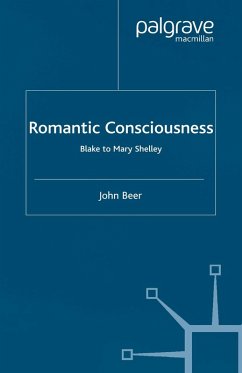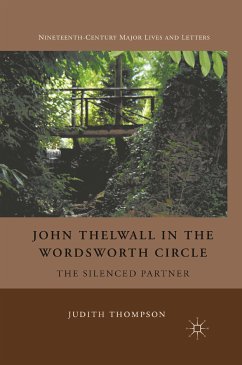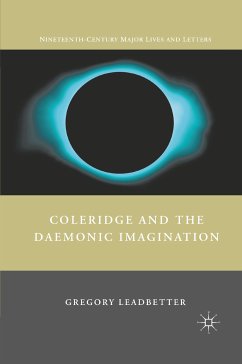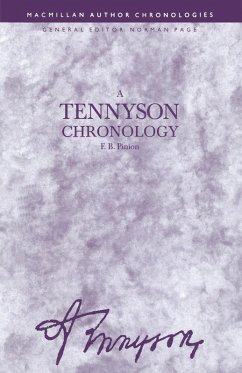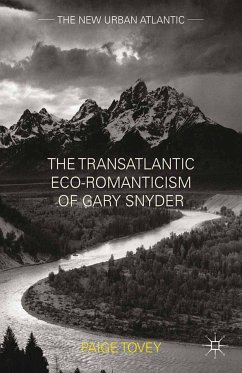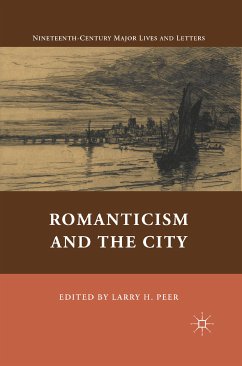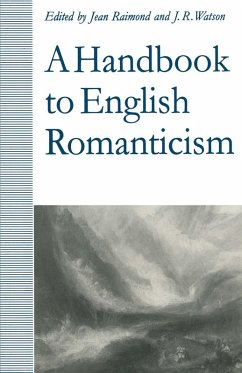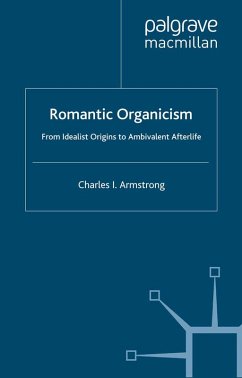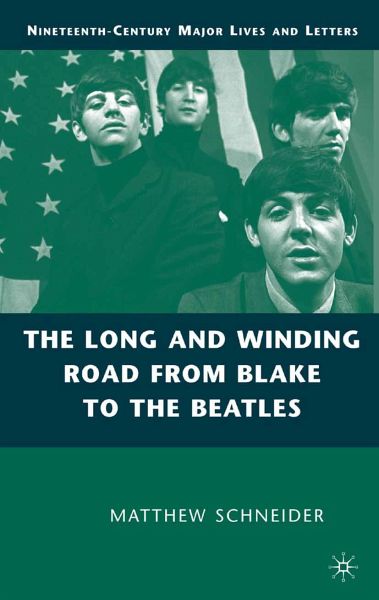
The Long and Winding Road from Blake to the Beatles (eBook, PDF)
Versandkostenfrei!
Sofort per Download lieferbar
40,95 €
inkl. MwSt.
Weitere Ausgaben:

PAYBACK Punkte
20 °P sammeln!
This book traces the musical and cultural achievements of this contemporary musical phenomenon to its origin in the Romantic revolution of the 1790's in England when traditional concepts of literature, politics, education and social relationships were challenged as they were in the 1960's.
Dieser Download kann aus rechtlichen Gründen nur mit Rechnungsadresse in A, B, BG, CY, CZ, D, DK, EW, E, FIN, F, GR, HR, H, IRL, I, LT, L, LR, M, NL, PL, P, R, S, SLO, SK ausgeliefert werden.



